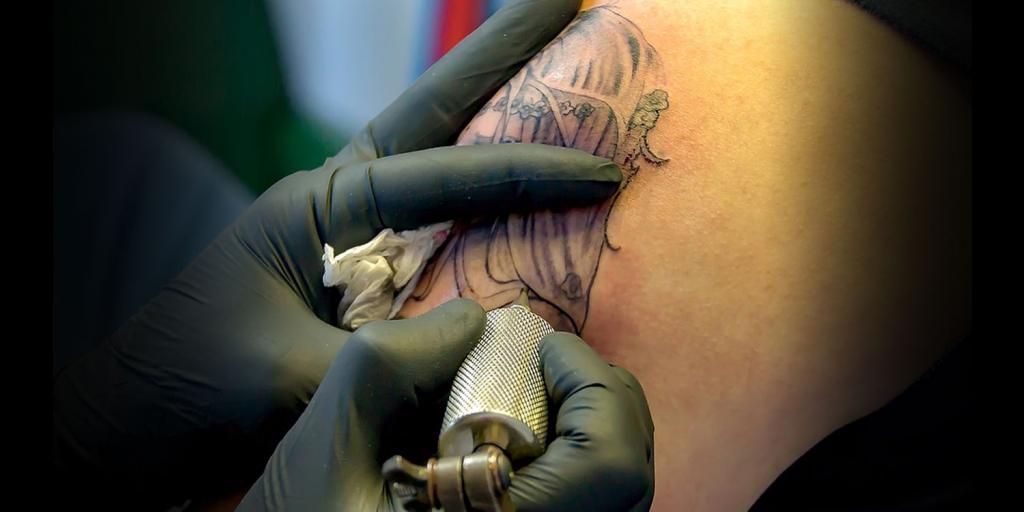
The Pope, Tattoos and the Bible
In recent statements, Pope Francis encouraged people not to “be scared” of tattoos. He stated, “With young people one should never be scared. Never. Because always, even behind the things that are not so good, there is something that will bring us to some truth” (The Independent, March 21, 2018). He encouraged his listeners to use commonalities of society, like tattoos, to connect with young people and to use tattoos to bring young people to the “truth.” The pope’s comments echo those of other Catholic leaders. Robert Lukosh of the Archdiocese of Portland wrote in Envoy Magazine, “Body art as a form of adornment, that is ordered to the ultimate good of the person and to humanity, if it observes modesty and avoids vanity, and if it respects the fundamental integrity of the human person—including the integrity of the body—can be morally permissible” (Catholic News Agency).
But are tattoos morally permissible for Christians because religious leaders say they could be used to connect with young people and bring them to the truth? Or does the Bible have something else to say on the subject? The Scriptures actually state in Leviticus 19:28, “You shall not make any cuttings in your flesh for the dead, nor tattoo any marks on you: I am the LORD.” Jesus said, when praying to the Father, “Your word is truth” (John 17:17), and the Apostle Paul noted that “All scripture… is profitable for doctrine, for reproof, for correction, for instruction in righteousness” (2 Timothy 3:16). The Bible also states that God does not change His mind to fit the times (Malachi 3:6; Hebrews 13:8). While religious leaders can use human reason to justify contemporary practices, such reasoning is contrary to what the Bible reveals. To better understand why God inspired this clear instruction about putting marks on our bodies, be sure to read “Think Before You Ink!”



